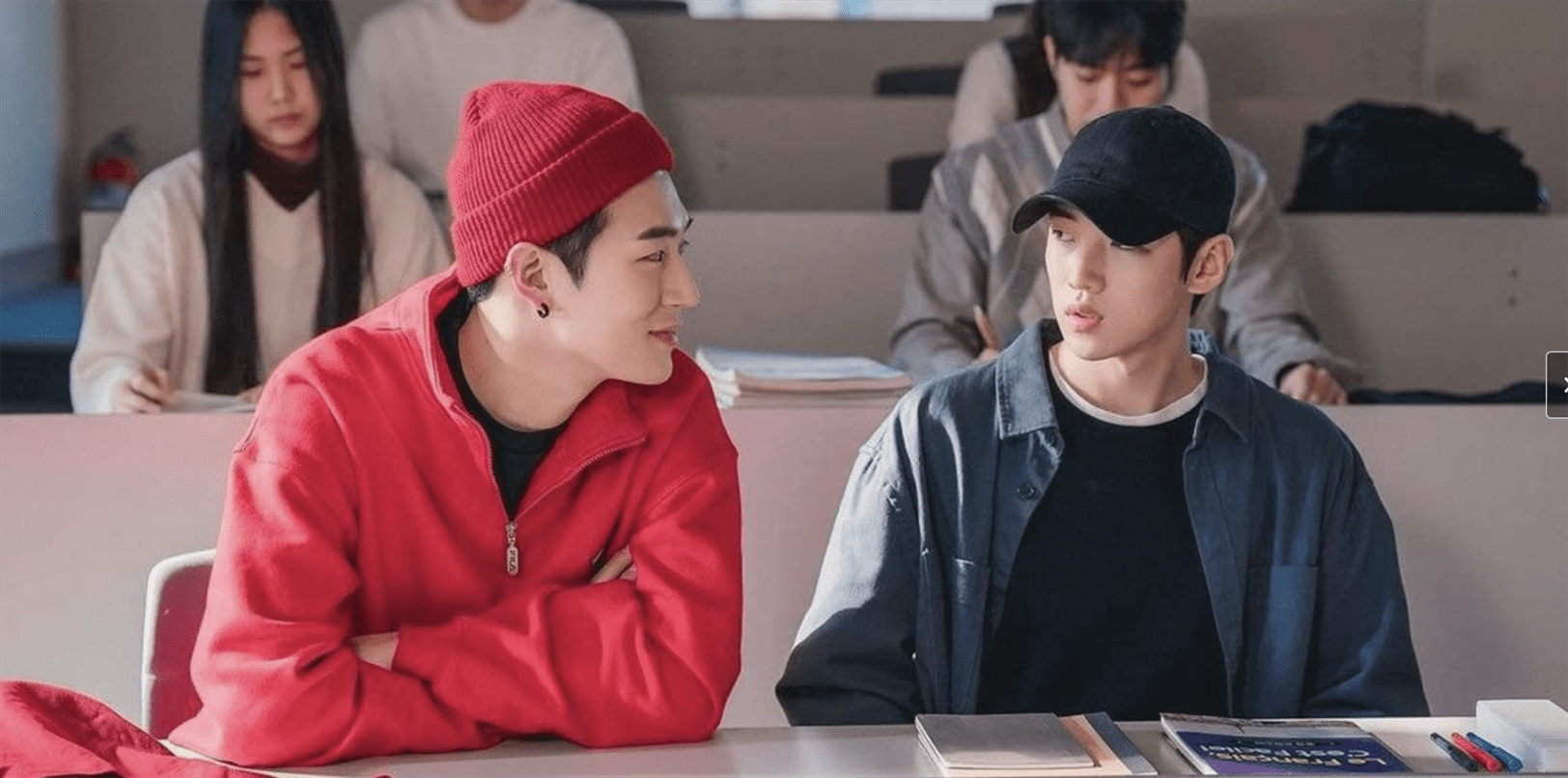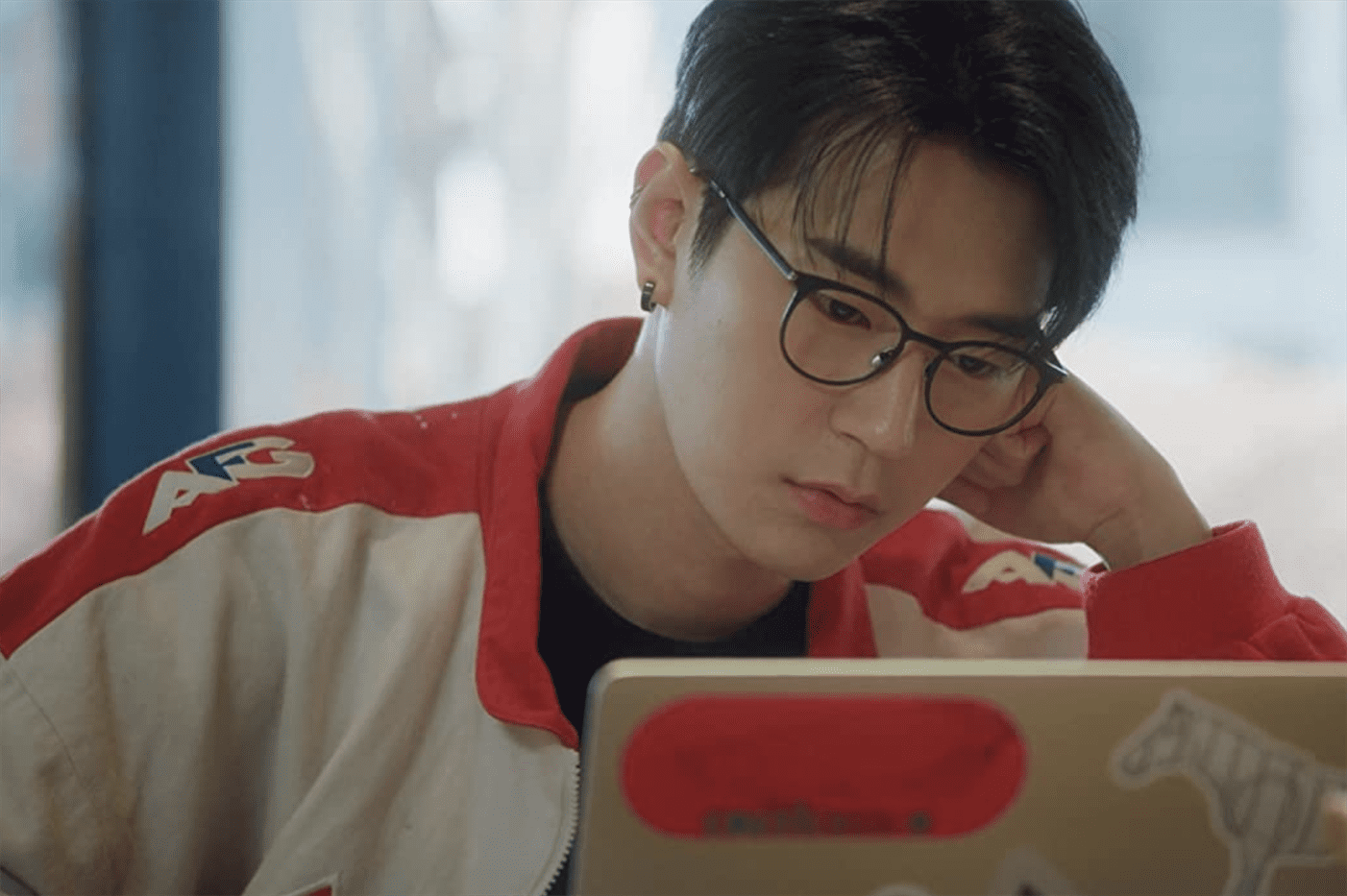While shows like “Euphoria” are all the rage, “Semantic Error” seeks to bring you back to Earth.
This Korean drama released in February 2022 is based on a webcomic of the same name by Jeo Soo-ri and Angy Kim. It stars Jae Chan Park and Park Seoham as university students, Cho Sang Woo and Jang Jae Young.
I was skeptical going into this not having read the source material prior, but the show manages to weave the story together without any glaring holes, so I never felt as though I was missing key background information stored in the original.
The story centers on Sang Woo, a computer science major who decides to jumpstart his career in his junior year by creating a video game. He realizes he’ll need the aid of a visual artist, so he decides to put out an ad on the school bulletin board. Jae Young, a graphic design major, is the only student who reaches out. The problem is he and Sang Woo have a bit of a history, and Jae Young is notoriously known for being a slacker on assignments.
“Semantic Error” is a classic display of the enemies-to-lovers trope, but the chemistry between the two leads makes it palatable. Just take a look at one of the many scenes where Jae Young has Sang Woo pushed up against a wall or door, and it’s made abundantly clear the director was eager to take advantage of their height difference.
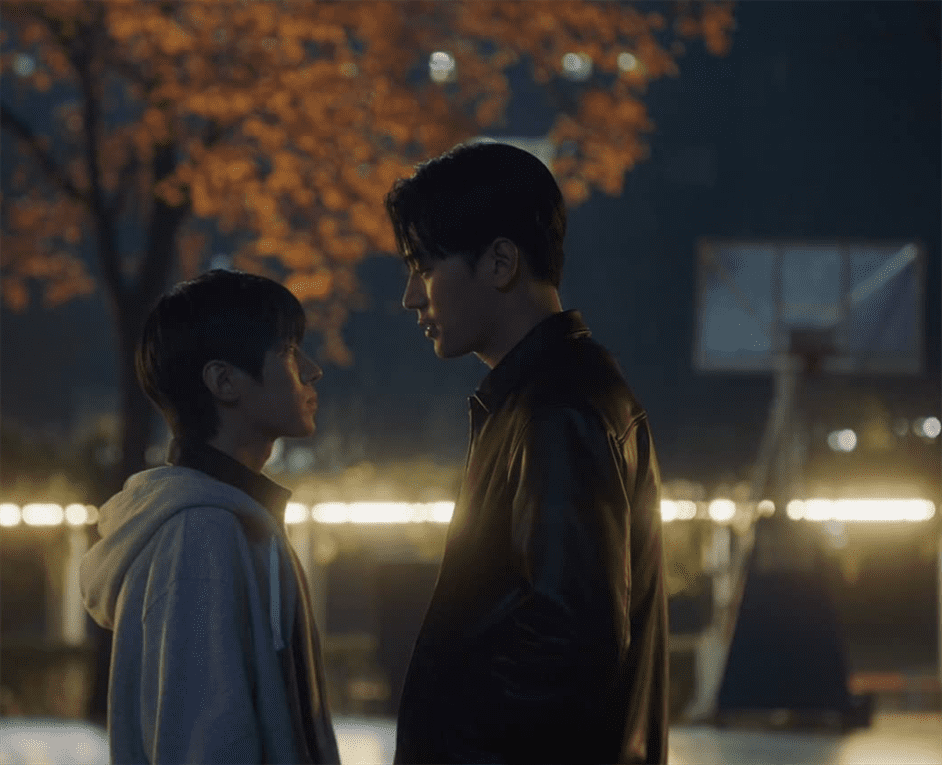
It’s made abundantly clear the director was eager to take advantage of the actors’ height difference.
Photo courtesy of Watcha
Jae Young is an absolute charmer. He’s confident without being arrogant and most importantly, without displaying abusive tendencies. Even when he’s teasing Sang Woo about his idiosyncrasies, this activity never ventures into bullying or harassment. Their relationship is genuine and has a natural progression.
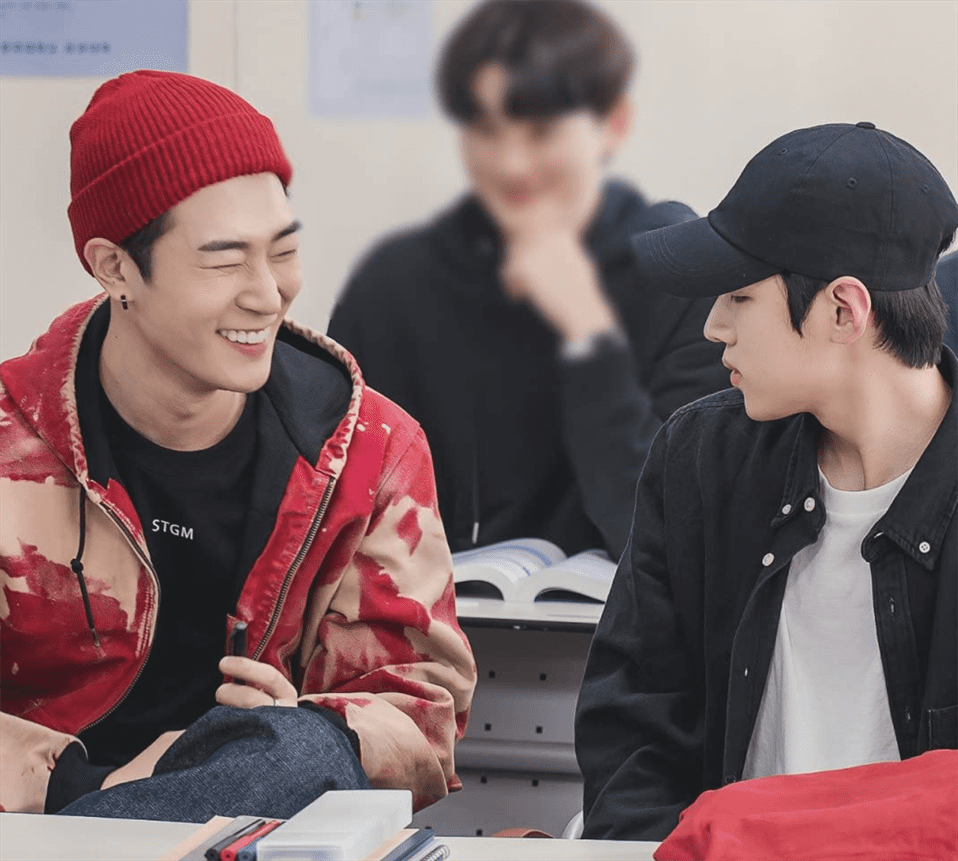
Jae Young (left) is quite determined to get a rise out of stoic Sang Woo (right) even if it means resorting to childish pranks.
Photo courtesy of Watcha
Despite them being polar opposites, the show doesn’t turn into a blueprint on how to transform Sang Woo from an introvert into an extrovert overnight. Although Sang Woo may come across as a frustrating protagonist because of his standoffish and rigid nature, it’s clear he has a deep, underlying desire to make real connections with the people around him.
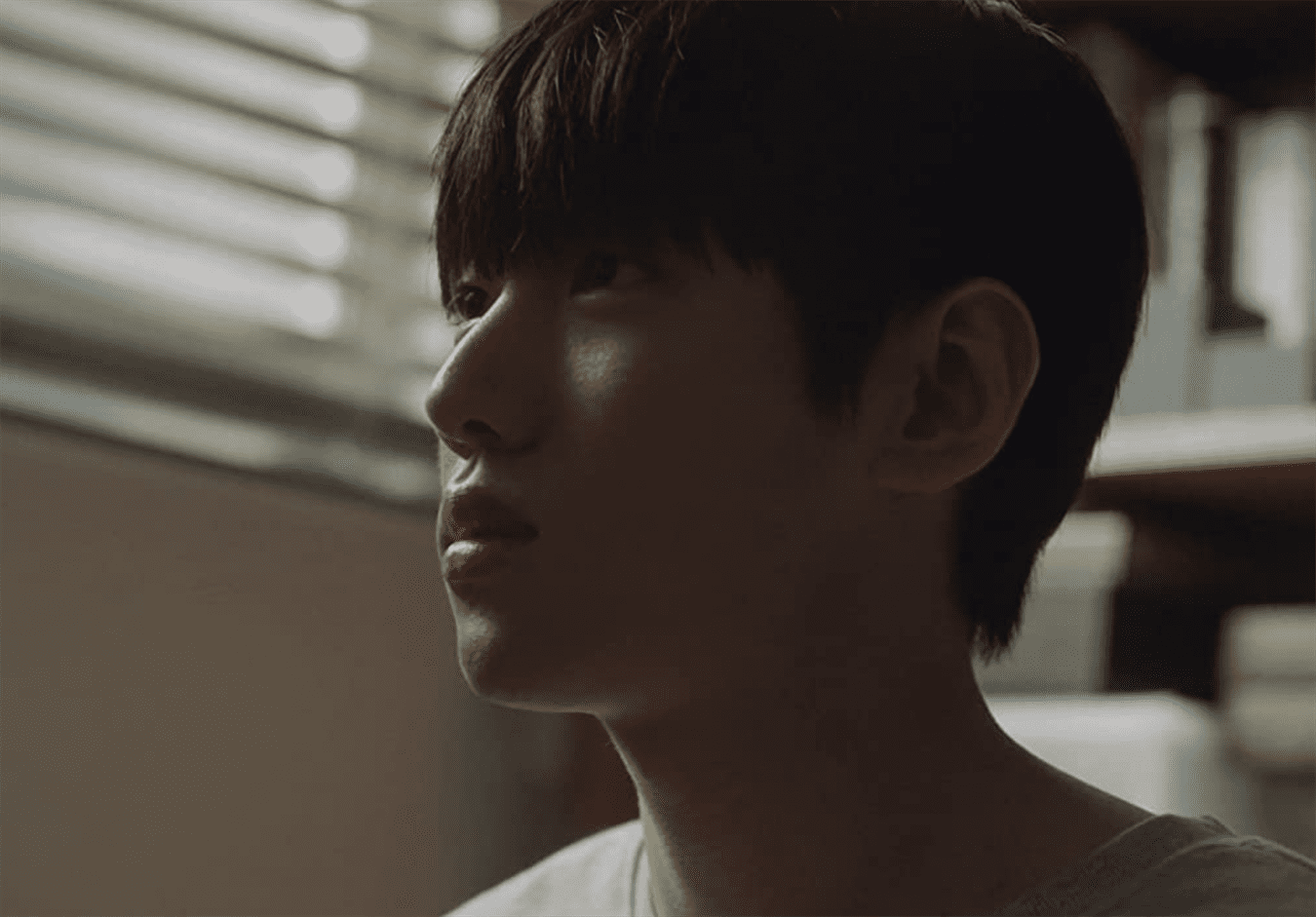
Sang Woo (Jae Chan Park) is a computer science major who decides to jumpstart his career.
Photo courtesy of Watcha
The show does an excellent job of balancing romance with the subplot. Sang Woo’s video game is never forgotten, and it is just as equally important to the whole plot. In fact, it’s through this time the leads spend together to create it that the audience gets to know the characters properly and see them develop.
I’m not a video game fan myself, but I enjoyed seeing the process of their project. They never get too technical with the mechanics of coding and other computer science jargon to the point where the viewer gets bored or painfully confused. The art is quirky and reminiscent of children’s cartoons. It would be interesting to see it played in real life.
Perhaps the most striking part of “Semantic Error” is the normalcy of college life it portrays. There’s no hardcore binge-drinking, hedonistic parties or gratuitous sex scenes. It’s refreshing to see young adults without sensationalism. It may have to do with the fact the protagonist is an introvert, but Jae Young is the popular stud and the most action he gets is hanging out with friends on his lunch breaks and mingling with co-workers at his restaurant job.
It could also be cultural differences, but I’m sure plenty of American students can relate to this lowkey lifestyle. For the majority of the show, the characters stress about the things we expect: homework, projects, exams, balancing a life outside academia and impending post-graduate opportunities.
“Semantic Error” is fun, cute and unabashedly normal. It’s a story about the little things in life we take advantage of. If it doesn’t stimulate you intellectually, then it will serve to remind you of the good parts of humanity and all it has to offer.

